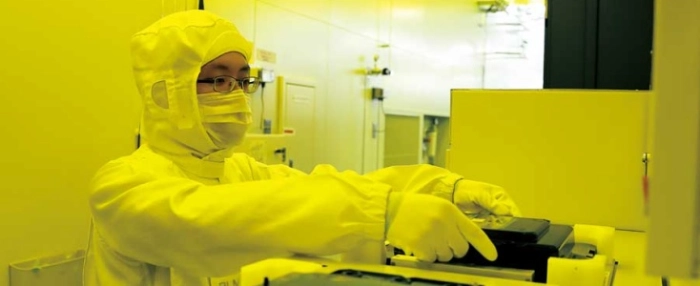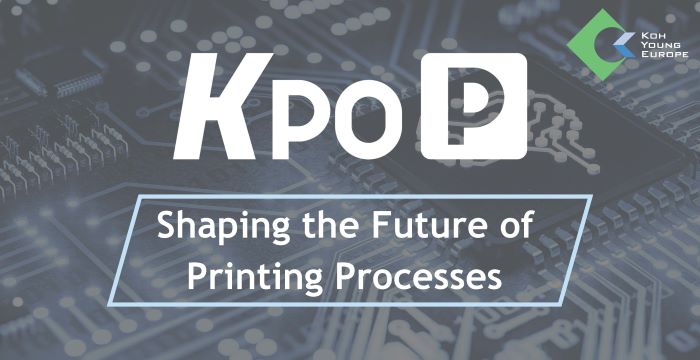
Canon to challenge ASML with 'nanoimprint' tech
Japanese imaging giant Canon is set to ship a new lithography tech that it says consumes 90% less power than ASML's market-dominating extreme ultraviolet (EUV) machines.
Canon has been developing its 'nanoimprint' lithography technology for 15 years. It believes the tech can alter the balance of power in the wafer etching space. In fact, Canon was historically strong in semiconductor lithography, but lost out when Dutch company ASML gambled on EUV and won.
EUV machines, which etch chips with EUV (extreme ultraviolet light), are extraordinarily complex and expensive. They cost around USD 150 million each. But they are uniquely capable of supporting the manufacture of advanced chips.
Canon's new tech takes a different approach. Instead of using ultraviolet light, nanoimprint machines simply stamp the chip designs on silicon wafers – a more affordable and less resource-intensive alternative. The process eliminates the projection lens used by EUV to reduce and project circuit patterns, replacing it with a mold onto which circuit patterns are transferred. The mask is pressed like a stamp onto the wafer surface to reproduce high-resolution patterns.
According to a story in the FT, Canon is now planning to ship its first machines this year. It reports the machines can support 5 nanometer (nm) chips and that Canon will focus first on producing 3D Nand memory chips before expanding to more complex microprocessors.
Is the method feasible? The FT suggested analysts are sceptical given the incredible complexity of the process and the need to deliver a consistent level of performance. If the tech does prove robust, the next big question will be: will Canon sell to Chinese manufacturers? ASML cannot thanks to US export controls.

